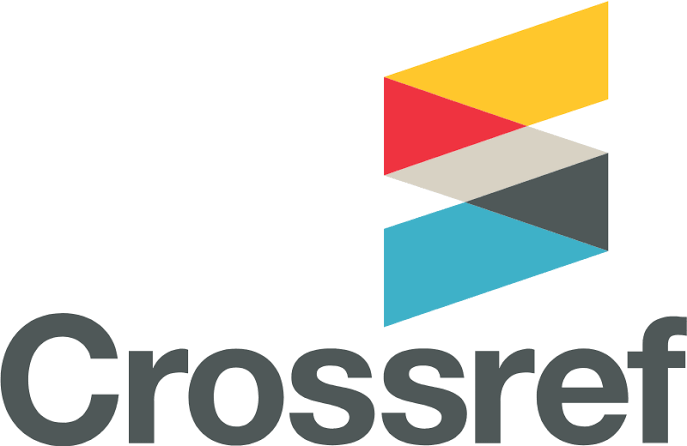TERTIARY EDUCATION AND ACCREDITATION OF ACADEMIC PROGRAMME IN NIGERIA
DOI:
https://doi.org/10.59795/m.v2i3.189Keywords:
accreditation; quality assurance; tertiary education; regulatory agencies; curriculum relevance; Nigeria; programme accreditationAbstract
Accreditation is an essential mechanism for assuring the quality, relevance, and credibility of tertiary education in Nigeria. This chapter examines how accreditation by regulatory bodies—such as the National Universities Commission (NUC), the National Board for Technical Education (NBTE), and the National Commission for Colleges of Education (NCCE)—safeguards academic standards through evaluation of curriculum, staffing, infrastructure, and governance. It discusses types of accreditations (institutional, programme, and professional), roles of regulatory agencies, the importance of accreditation for student outcomes and employability, and the challenges institutions face—such as underfunding, infrastructural deficits, regulatory compliance, and the burden of outdated facilities. Drawing on empirical studies and policy reports, the chapter proposes sustainable strategies: strengthen internal quality assurance units; increase funding; build staff capacity; consistently upgrade infrastructure; align curricula with industry needs; and digitize accreditation processes. By implementing these strategies, Nigerian tertiary institutions can enhance their global competitiveness, ensure accountability, and deliver education that is both high-quality and responsive to societal needs.
Downloads
Published
How to Cite
Issue
Section
License
Copyright (c) 2025 Multi-Disciplinary Research and Development Journals Int'l

This work is licensed under a Creative Commons Attribution-NonCommercial-NoDerivatives 4.0 International License.












